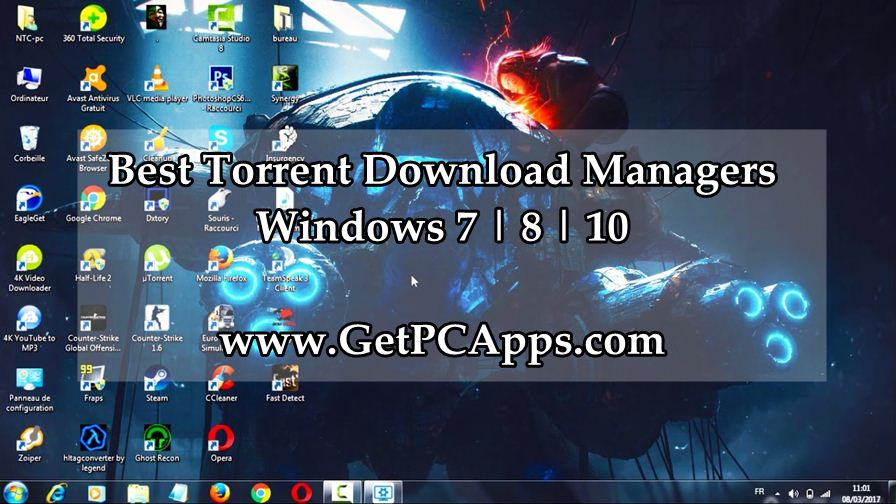
Even then, the recipient can easily disable the feature if they want to. Recall only works on unopened messages in standard Outlook (not the web app) if the message hasn’t been opened, and both people are part of the same Microsoft Exchange server. To recall an email in Outlook, find it in “Sent Items” in your email account, and click “File.” Select “Info” on the blue column, then click “Resend or Recall,” > “Recall This Message.” Make sure “Tell me if recall succeeds or fails for each recipient” is selected (this will send you a message telling you whether the recall worked or not), then click “Delete unread copies of this message.” If you’d rather edit the message and resend it when Outlook recalls the old version, click “Delete unread copies and replace with a new message” instead.
#Recall email outlook for mac 2013 how to
How to Recall an Email in Outlook Using the Built-in Recall Feature Luckily, the native recall feature isn’t the only way to recall an email in Outlook. It will only work between two Outlook users on the Microsoft Exchange server, and even then it’s easy for savvy users to disable. Yet, like most recall tools, Outlook’s function has major limits. While many users might think such a feature is something brand new that only Gmail has, Outlook has natively had the ability to recall an email for years. Fortunately, with an email recall function you can take the message back - ideally before your recipient even reads it. Instead of an awkward moment, you’ve created a permanent record, preserving your unwise words in perfect detail. No part or whole of this article may not be reproduced or published without prior permission.If there’s anything worse than putting your foot in your mouth in a conversation, it’s doing it over email.

When editing a new message in the Options ribbon click More Options. NOTE: The below screenshots were taken from Microsoft Outlook 2013 – in Outlook 2010 and Outlook 2016/2019 the procedure, option names and their locations are all identical.

Let’s now proceed to encrypt a single message. Messages encrypted with such certificate ensure the recipient about the authenticity of an e-mail and keep it unreadable to others. You can learn more about it here.īefore it is possible to start encrypting and decrypting messages, both the sender and recipient should get a personal mail certificate. From then on it is possible to send encrypted messages similarly to sending not encrypted ones. It means that both the sender and recipient must send a digitally signed message, which allows adding the certificate to Outlook Contacts (more in this Microsoft article). The recipient saves the certificate and uses the public key to encrypt the sender’s messages.

The certificate is sent with a digitally signed message. In order to send and read encrypted messages, both the sender and recipient must share a digital ID, which contains the private key stored on the sender’s computer and a certificate with a public key. Microsoft Outlook 2019, 2016, 20 message encryption protects the privacy of the message by converting it from readable plaintext to scrambled ciphertext. Whatever the reason, encrypted e-mails are like sealed envelopes, as opposed to the postcard-like availability of unencrypted e-mails. There may be plenty of reasons for that – from private ones, like writing a personal letter to a close friend or telling your family where you usually keep your keys, to more formal and serious situations, like mailing a check to pay a bill.

Sometimes there is a need for additional protection of your private messages from other people. : This post was updated on April 14, 2017.


 0 kommentar(er)
0 kommentar(er)
